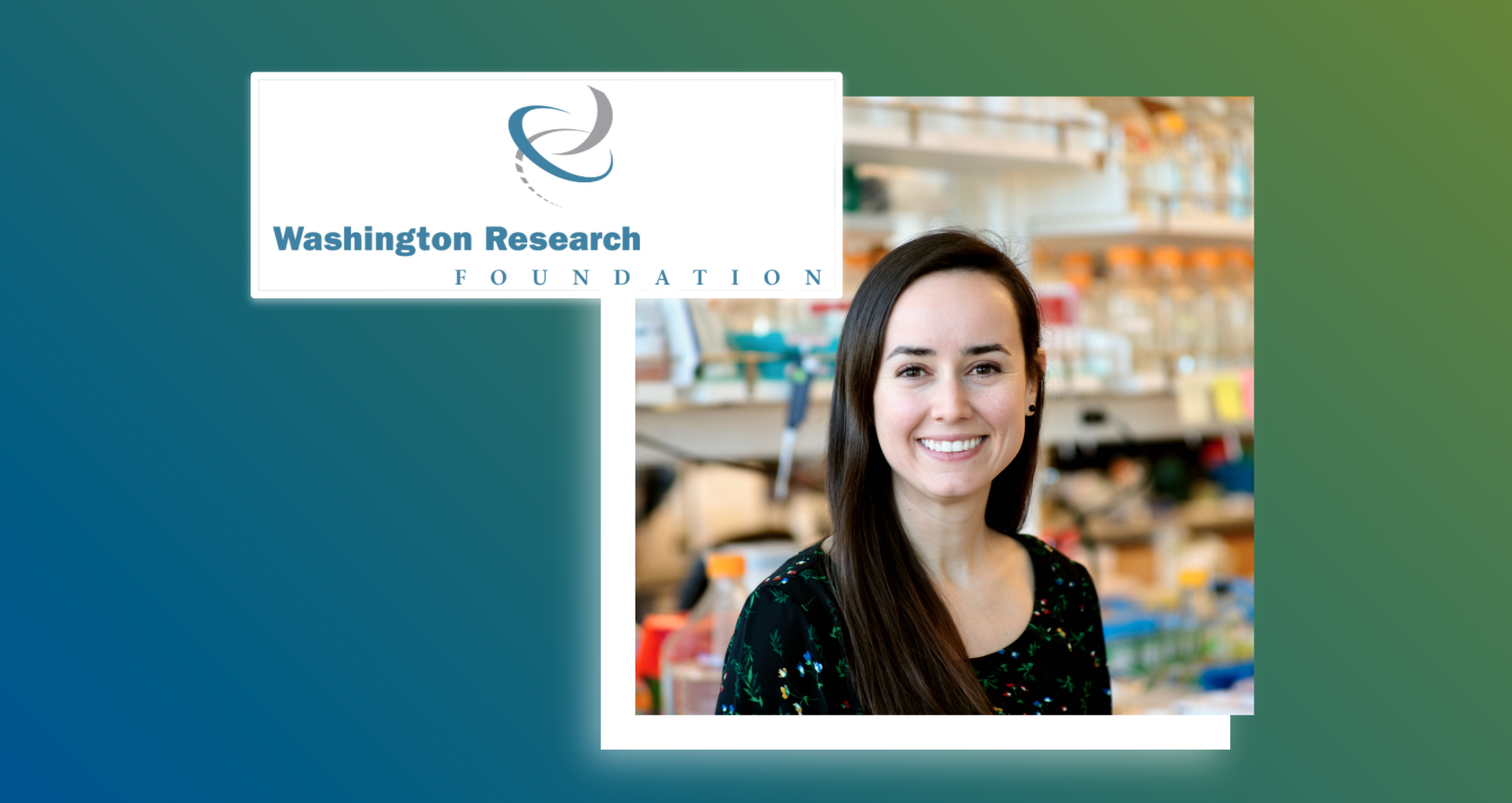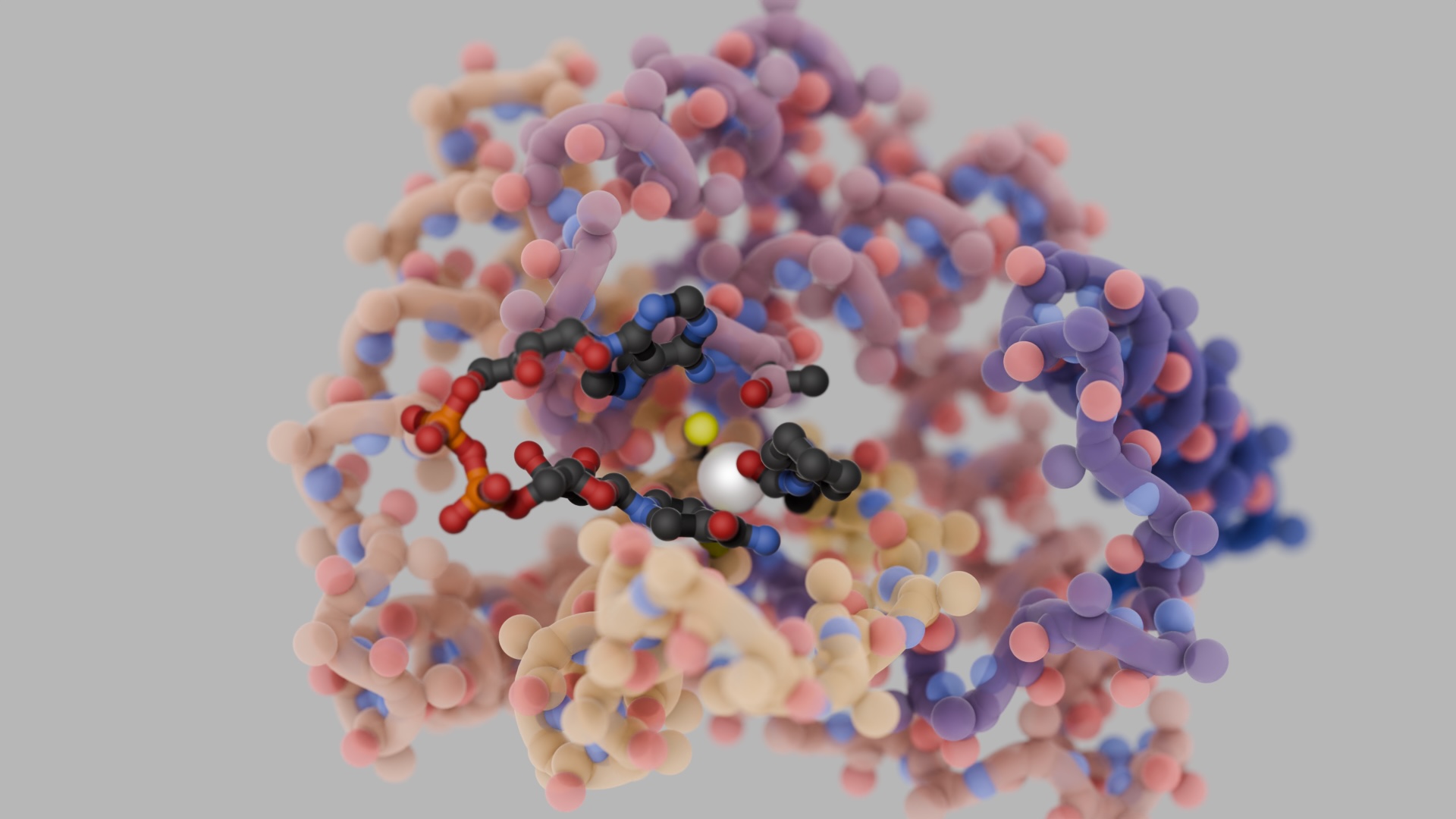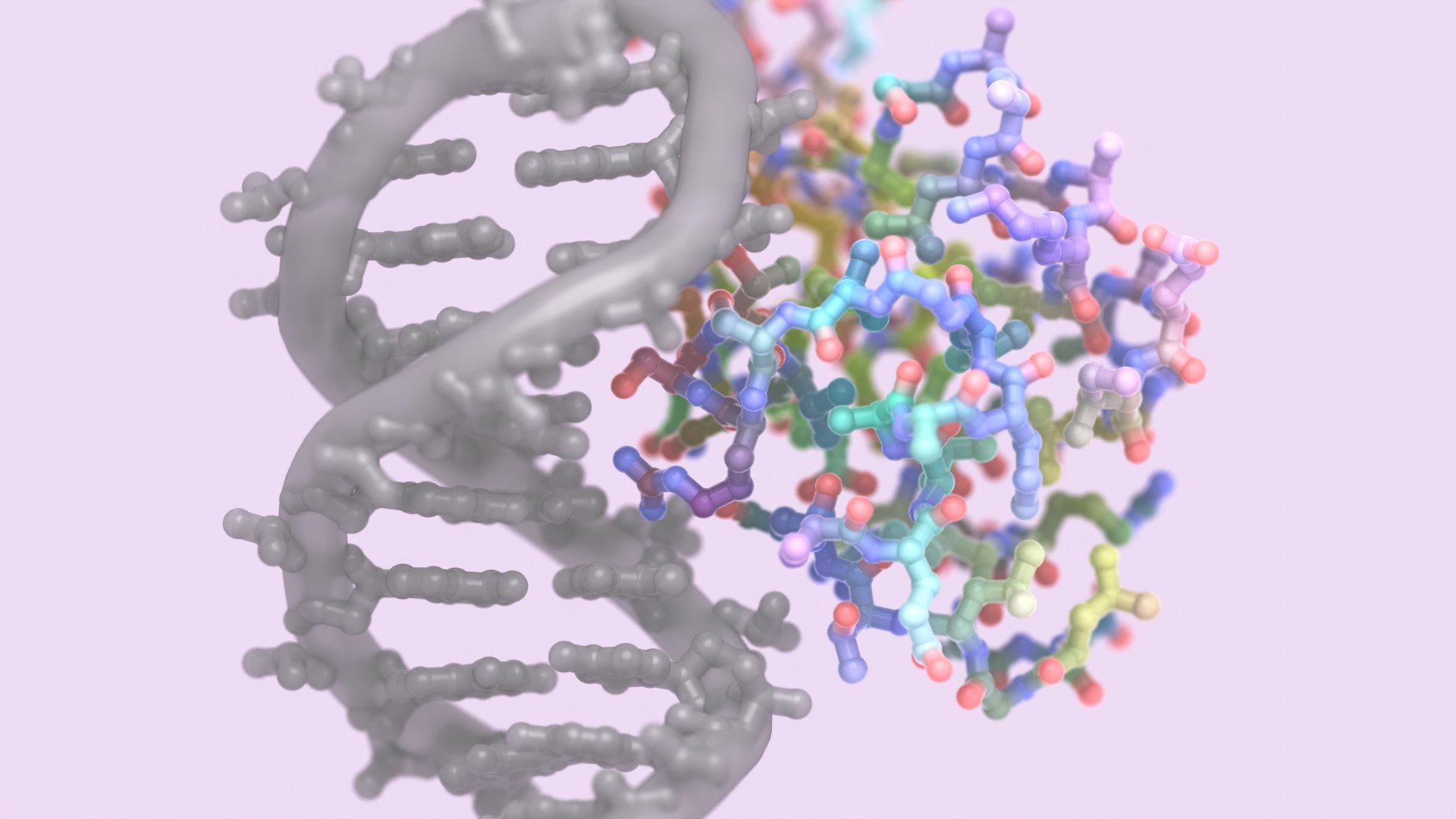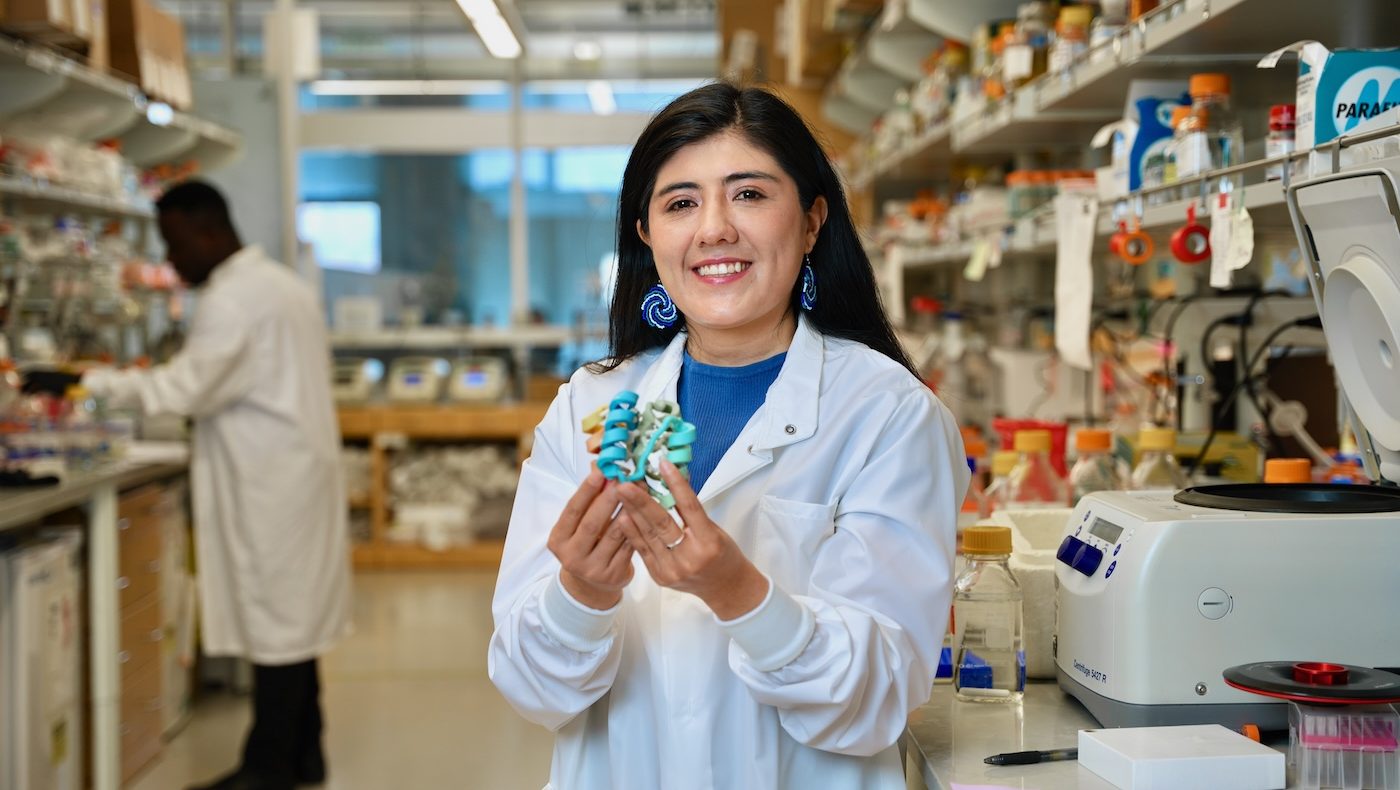Washington Research Foundation (WRF) has provided a $250,000 grant to support work carried out by Stephanie Berger, Ph.D., on a new therapeutic for patients with inflammatory bowel disease (IBD). A grant of $50,500 from WRF in 2019 and an award from Washington Entrepreneurial Research Evaluation and Commercialization Hub (WE-REACH) in 2020 enabled Berger, a translational investigator at the University of Washington’s Institute for Protein Design, to conduct early tolerability and efficacy studies for this project.
IBD, which includes Crohn’s disease and ulcerative colitis, is characterized by inflammation and injury of the gastrointestinal tissues. Its symptoms include abdominal pain, diarrhea and fatigue for over three million people in the United States. Severe cases can lead to permanent organ damage and disability. The disease is progressive and currently has no cure.
The standard of care for treatment of IBD is oral immunosuppressive (IS) therapy that leaves patients at risk for infections. Patients who do not respond to oral IS therapy advance to treatment with expensive and inconvenient intravenous biologics.
Berger and her team hope to provide the convenience of oral treatments with the targeted nature of biologic treatments. They have been developing de novo designed peptides that can withstand the harsh conditions of digestion. Peptides designed from scratch have an advantage over natural proteins in that they can be custom-built for extreme stability, with resistance to heat, acid and intestinal proteases. Specifically, Berger is developing an oral therapeutic that targets interleukin-23 receptor (IL-23R), a well-established therapeutic target in autoimmune diseases including IBD. Because the designed therapeutic peptide is highly specific to IL-23R, and the oral delivery directly targets the gut, this therapy promises high efficacy while reducing many of the side effects associated with systemic immune suppression.
“We have been following Stephanie’s work on de novo designed peptides for many years and are extremely excited by its potential to create affordable biologic therapies that allow for new routes of administration that previously had to be delivered systemically. We are hopeful that these new experiments will help us better understand if the platform she has developed could offer a new therapeutic option for patients with IBD,” said Will Canestaro, Ph.D., managing director at WRF.
WRF’s funding will enable Berger to conduct additional testing of the drug’s efficacy for the treatment of IBD in rat models and inform potential refinements to the product. Additionally, this funding will enable the team to develop a scalable manufacturing plan over the next six months.
“The WRF has hugely impacted the trajectory of this project, and we are grateful for their support. We are dedicated to developing a much-needed alternative therapy for IBD and are delighted to receive this funding to help us advance to the clinic,” said Berger.
About Washington Research Foundation:
Washington Research Foundation (WRF) supports research and scholarship in Washington state, with a focus on life sciences and enabling technologies.
WRF was founded in 1981 to assist universities and other nonprofit research institutions in Washington with the commercialization and licensing of their technologies. WRF is one of the foremost technology transfer and grant-making organizations in the nation, having earned more than $445 million in licensing revenue for the University of Washington and providing over $112 million in grants to the state’s research institutions to date.
WRF Capital, the Foundation’s venture investment arm, has funded 108 local startups since 1994. Returns from these investments support grant-making activities at WRF.
For additional information, please visit www.wrfseattle.org.





